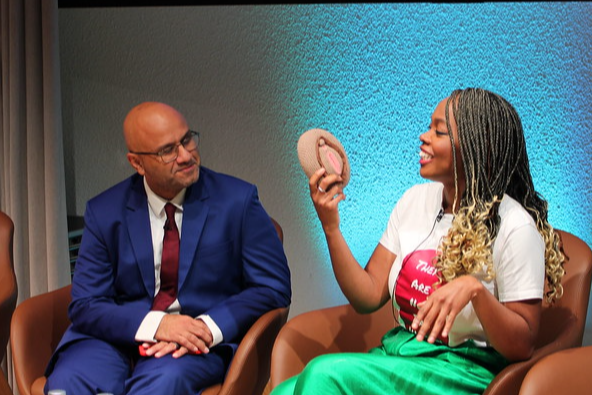On 14 October 2025, PHIN welcomed leaders from across healthcare to the Royal College of Physicians, London, for the Quality Forum. The event’s theme, Essential Intelligence, focused on how better use of information can build systems that work for patients.
A challenge to the sector
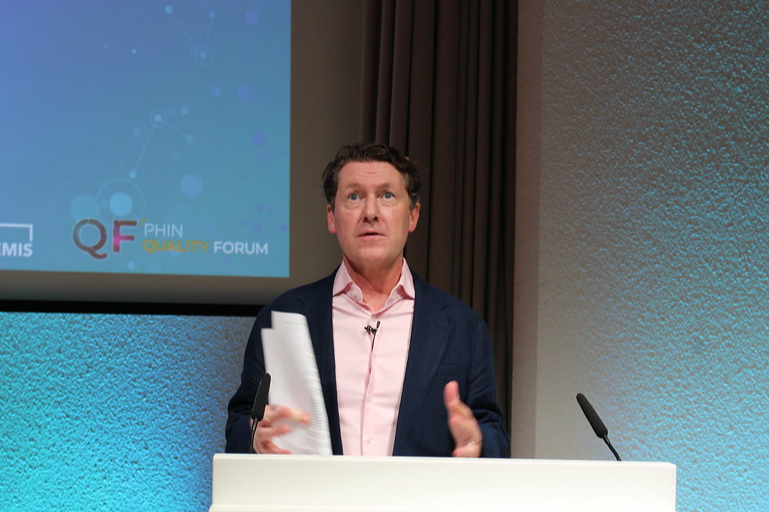
PHIN CEO Ian Gargan opened the day by asking: How can we make healthcare information genuinely useful for patients? This set the tone for a day exploring transparency, interoperability and the human side of data.
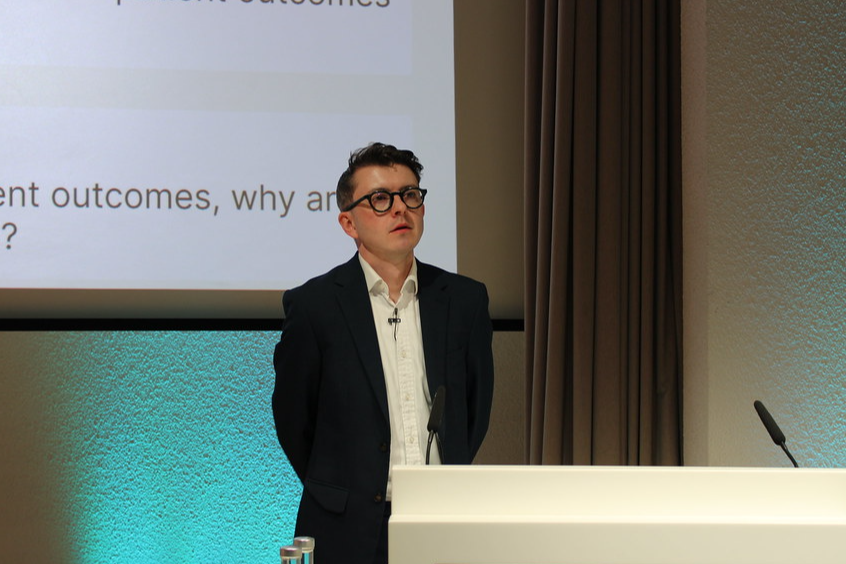
Dr Chris Smith-Brown, PHIN’s Clinical Advisor, then shared the latest insights from PHIN including our new Distance to Diagnosis and Treatment report and our Patient Insights Explorer , a clear example of making complex data more accessible and actionable for patients making decisions about their care.
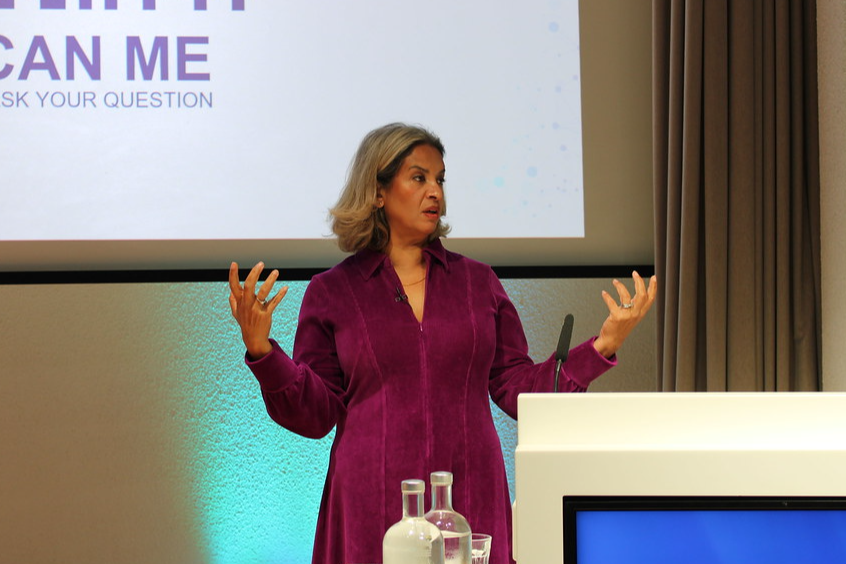
Ms Susan Alexander, Consultant Shoulder Surgeon and President of the IDrF, delivered a warm and witty speech with a clear message: healthcare must be designed around people, not processes. She reminded delegates that real transformation starts with listening.
Recognising excellence
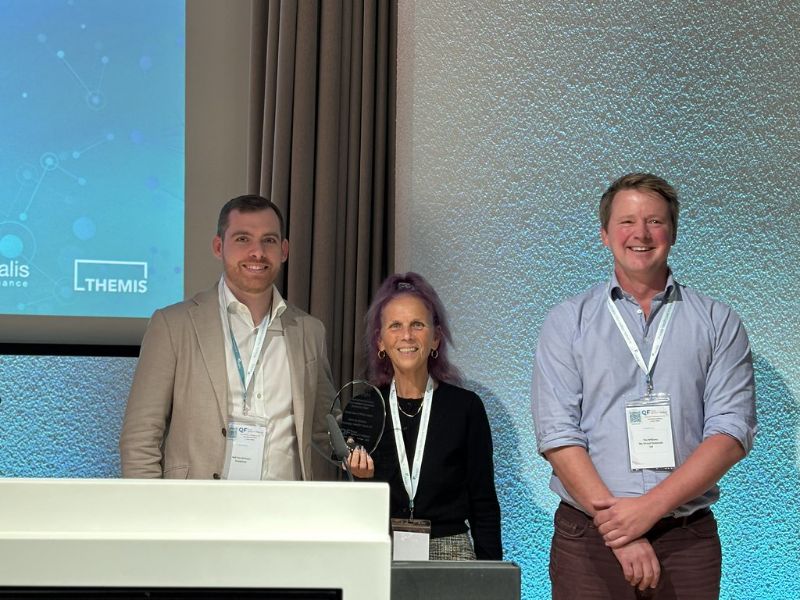
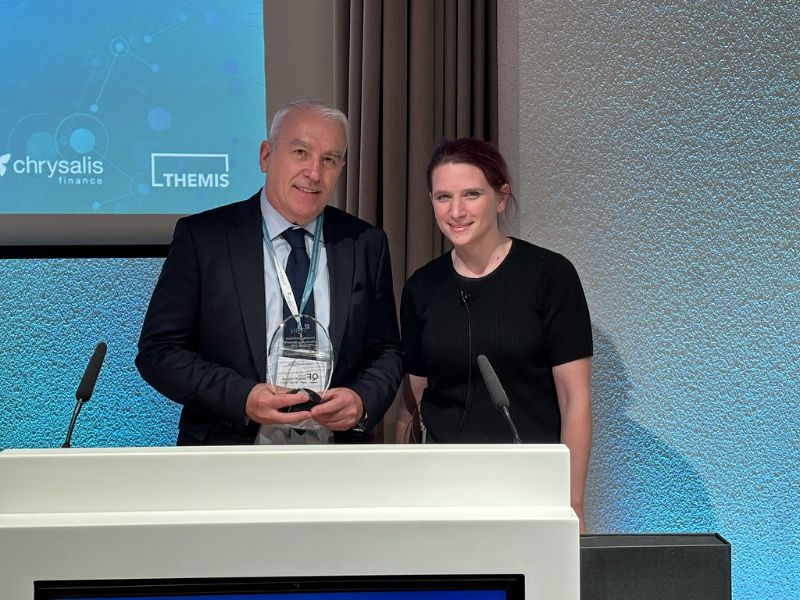
We then took the opportunity to celebrate progress across the sector with our annual PHIN Awards, recognising individuals and organisations driving transparency and improvement in patient outcomes:
- Best use of PHIN data
Wendy Beales, Ramsay Health Care UK
For exceptional work integrating PHIN’s data requirements into hospital systems, improving compliance and real-time analytics. - Innovation with a patient focus
The PROMs Working Group – Helen Hartley (Aviva), Tim Williams (My Clinical Outcomes Ltd), Sue Harvey (Ramsay Health Care UK) and Josh Farrell-Evans (Cemplicity).
For collaborative leadership in advancing Patient Reported Outcome Measures (PROMs) across the sector. - Consultant contribution
Dr Sarah Frankton, CMO, Bupa Cromwell Hospital
For championing consultant engagement and ensuring data quality that supports PHIN’s mission. - CMA Order compliance
OSD Healthcare
For leading the way on CMA Order compliance, delivering high-quality submissions and setting the standard for smaller providers.
Data, empathy and the future of healthcare
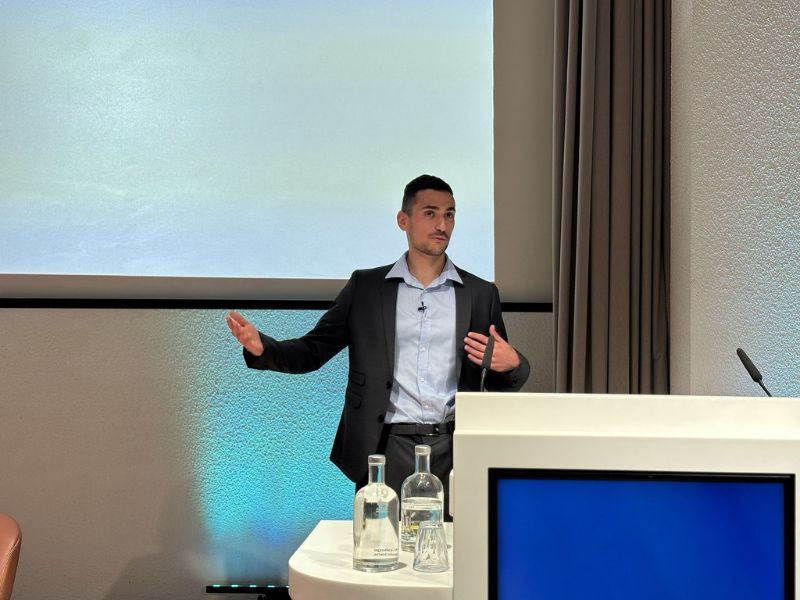
Speakers throughout the day shared how data can be used not just to measure care, but to improve it. Jordan Zaitman (Insight Actuaries) demonstrated how analysing patient-reported outcomes can reveal insights often hidden in plain sight.
.jpg)
We then listened to a candid fireside chat between Dr Aziza Sesay and Dr Mohammad Al-Ubaydli. They explored the evolving role of patients in their own care, discussing data ownership, digital literacy and the importance of accurate language and destigmatising women’s health.
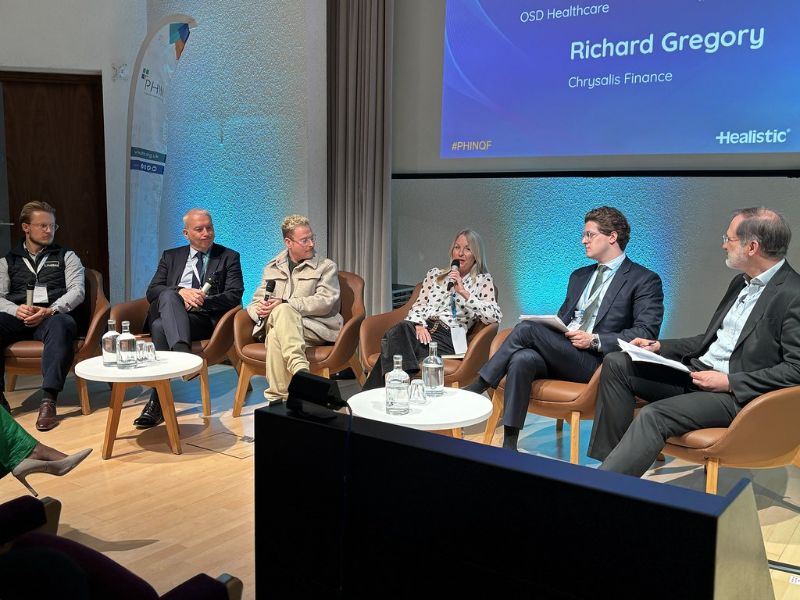
Next up was a panel discussion moderated by Greg Swarbrick, PHIN’s Partnership Director. This session brought together:
- Phil Bates (OSD Healthcare)
- Nicola Jedrej (iFHP)
- Daniel Bulkin (Healistic)
- Daniel Maude (Chrysalis Finance)
- George Maughan (Themis Clinical Defence)
Speakers shared personal anecdotes, industry challenges and bold ideas for the future. The session closed with each panellist revealing what they ‘really, really want’ for healthcare. Answers ranged from better governance communication to patient-owned data systems.
Collaboration, outcomes and digital risk
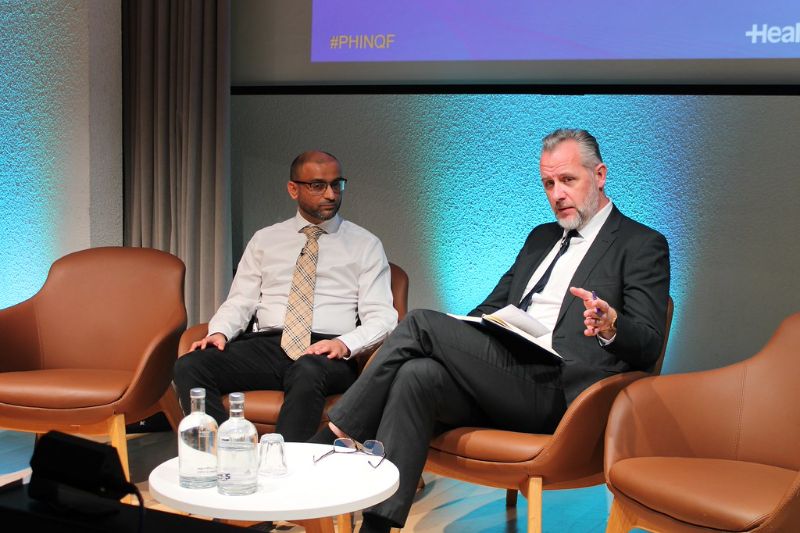
After lunch, the afternoon sessions resumed with a focus on analytics. Glen Ferris (Healthcare Today) and Ayub Bhayat (NHS England) discussed how data can be used to reduce wait times and personalise care, and how joint working across public and private sectors can unlock new levels of healthcare intelligence.
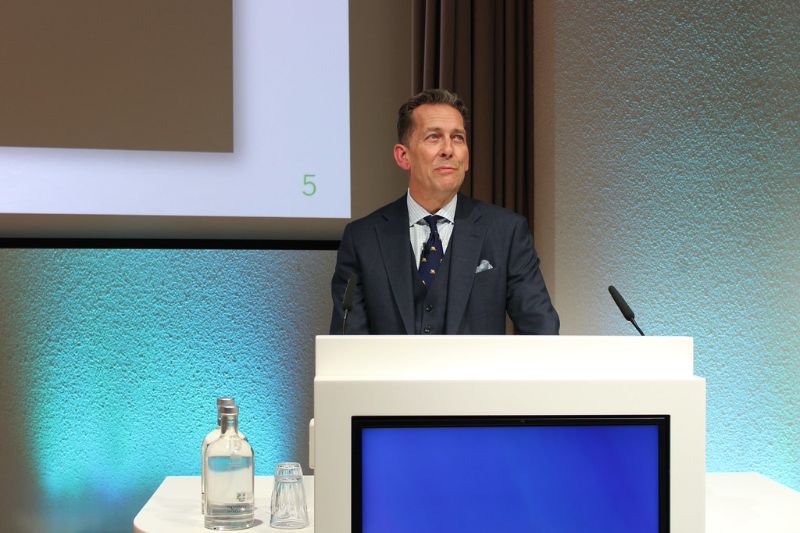
Mr Arthur Stephen of Nuffield Health explored how outcomes are shaped by what happens outside of the operating room. He argued that good information and continuity of care are essential to recovery and satisfaction, from pre-op education to post-op support.
.jpg)
The conversation then shifted to digital risk, as Dr Saif Abed of The AbedGraham Group delivered the sobering message that cybersecurity must now be the strategic priority for every healthcare organisation. His session gave examples on how breaches erode trust and disrupt care, and said that CEOs must now lead on digital resilience rather than delegate it.
A shared commitment
By the end of the day, one message stood out: progress starts with listening. Whether simplifying data, improving access or building trust, better healthcare depends on how well we understand the people it’s meant to serve. Delegates left with new ideas, connections and a shared sense of purpose to make healthcare information work better for patients.
The event could not have been a success without our speakers, audience and sponsors – Chrysalis Finance, Healistic, Healthcare Today and THEMIS – and we are extremely grateful for their support and time.
